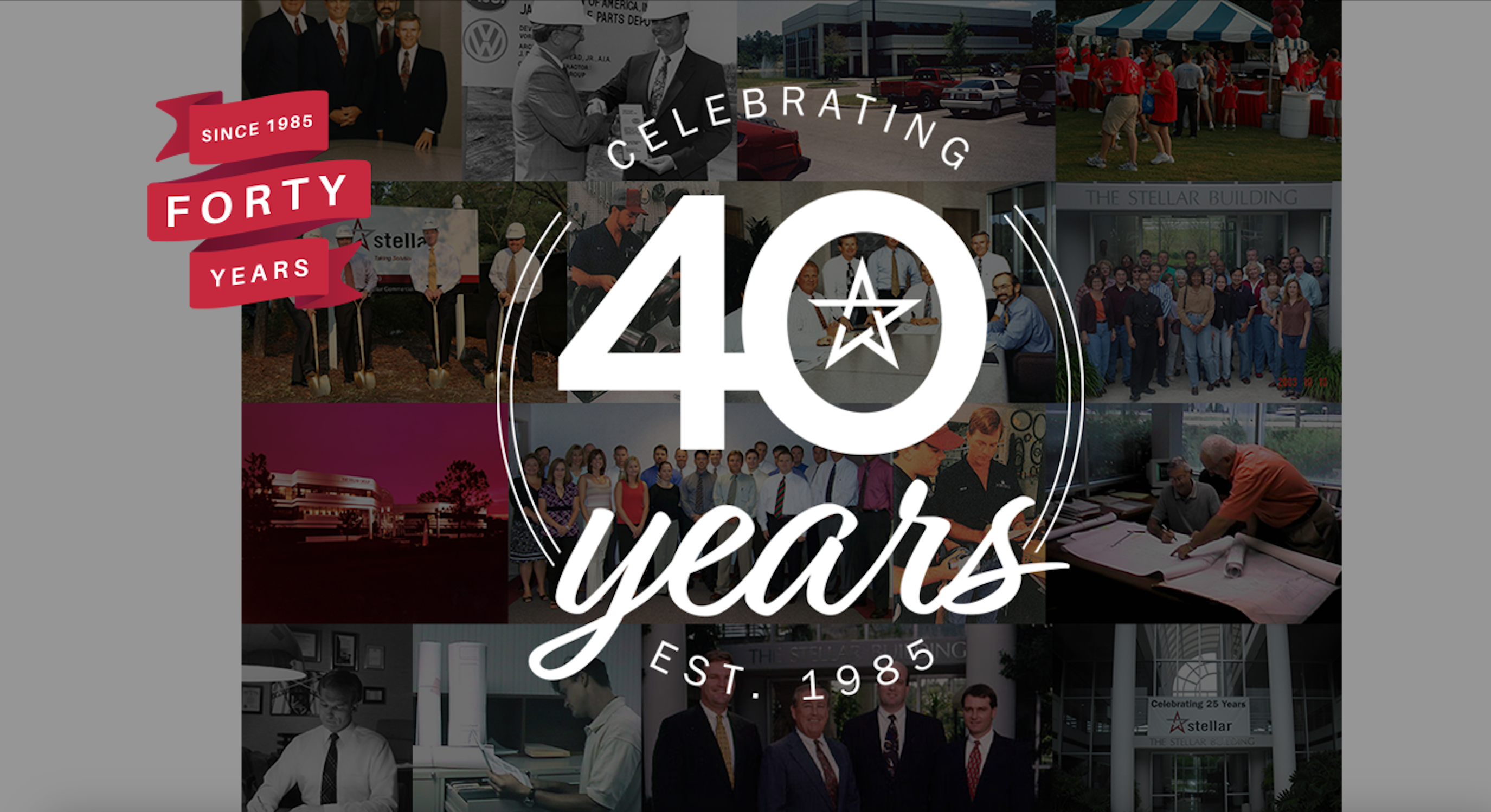
Just before the pandemic, the average home price in the U.S. was $313,000—a figure that has since jumped by 40% to $436,800 today. As home prices and mortgage rates increase, home ownership is becoming an unrealistic dream for some.
In the cities ranked above, however, buying a house is a much more attainable goal.
By looking at factors like the real estate tax rate, median home price appreciation, and cost of living, this study from WalletHub assesses the most affordable cities in the U.S. for home buyers. The scores in the ranking are out of 100 and the higher a score, the more affordable that city is for home buyers.
Related: Top 5 Reasons You Should Start Your Small Business in Tampa
The Methodology
This ranking considers much more than just the price tag on a house when it comes to affordability. Using 10 metrics, which cover an array of important considerations for home buyers, the overall affordability score is measured for each city.
Here’s a closer look at the 10 categories and how each one was weighted and measured:

The highest-weighted metric is the median price of the home itself divided by the median household income in that area, or house affordability.
Other important metrics assessed include the availability of homes for sale, the average cost of homeowner’s insurance, maintenance costs, and many other vital things people must consider when purchasing a home.
Which U.S. Cities are the Most Affordable for Home Buyers?
Here’s a closer look at the 50 most affordable cities for home buyers in the U.S.:
When it comes to the individual metrics, here’s a look at some cities which had the best scores in a few of the unique categories:
- #1 in Housing Affordability: Springfield, IL
- #1 in Maintenance Affordability: Sunnyvale, CA
- #1 in Rent-to-Price Ratio: Flint, MI
- #1 in Vacancy Rate: Miami Beach, FL
Location, Location, Location
Narrowing down which locations are feasible from a lifestyle and financial standpoint is a critical first step in the home-buying journey. Popular suburban communities and iconic hubs like Los Angeles or NYC hold great appeal, but these places command a higher price point or have housing stock that is incompatible with lifestyle needs.
On the flip side, some of the most affordable cities may have issues that negatively affect desirability. Flint, Michigan (#1), for example, is still widely perceived to have issues with its drinking water. Other places are high in crime or have a narrow range of economic opportunities, like Detroit (#4) or Yuma, Arizona (#9), respectively.
Many of the cities in the ranking are concentrated in Michigan, Arizona, and Ohio. In terms of big cities that are actually affordable, Pittsburgh, Columbus, Philadelphia, and Baltimore are examples of well-known spots to make the list.
There are also a number of ties in the ranking, with makes for interesting juxtapositions. For instance, Las Vegas is just as affordable as Cleveland, Ohio (#22). Here’s a look at some other cities that are equally affordable for home buyers:
- Montgomery, Alabama and Flint, Michigan (#1)
- Springfield, Illinois and Palm Bay, Florida (#9)
- Buffalo, New York and Cedar Rapids, Iowa (#15)
- Fayetteville, North Carolina and Des Moines, Iowa (#19)
- Dayton, Ohio and Erie, Pennsylvania (#25)
- Birmingham, Alabama; Louisville, Kentucky; Fort Smith, Arkansas; and Gilbert, Arizona (#33)
- Indianapolis, Indiana; Joliet, Illinois; and Tuscaloosa, Alabama (#45)
The future of homeownership
Overall, the home ownership rate in the U.S.—the share of homes that are occupied by their owners—is currently 66%. This according to FRED data. The trend shows a general recovery from the steep drop off that occurred during the pandemic. But there’s a while to go before the U.S. reaches pre-2020 figures. Perhaps, these affordable towns could offer a solution.
































